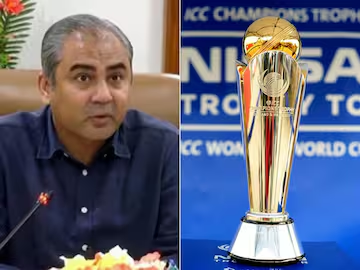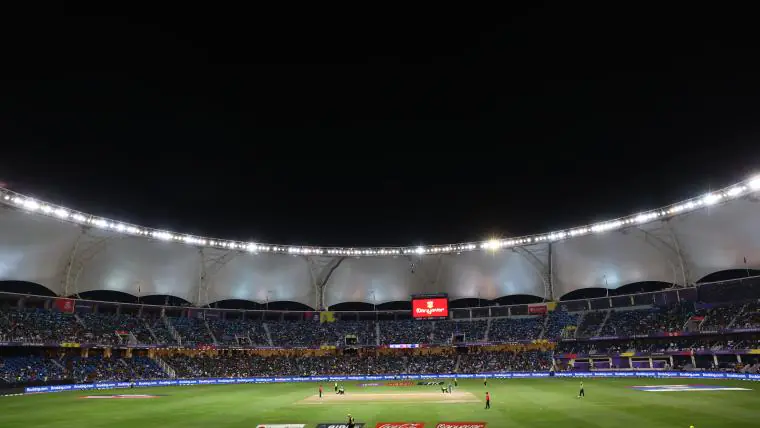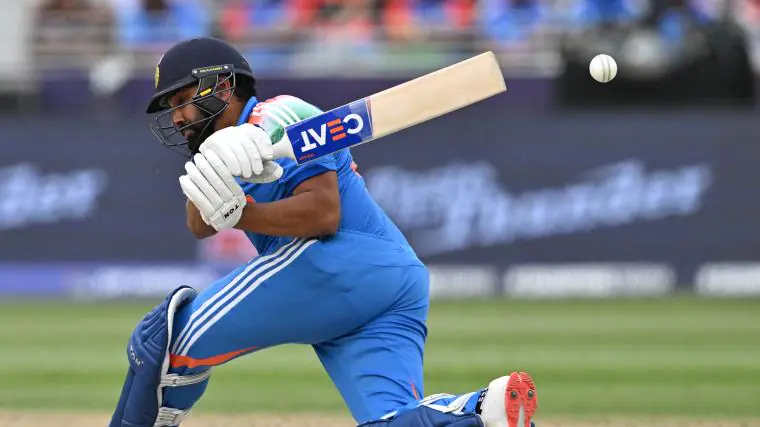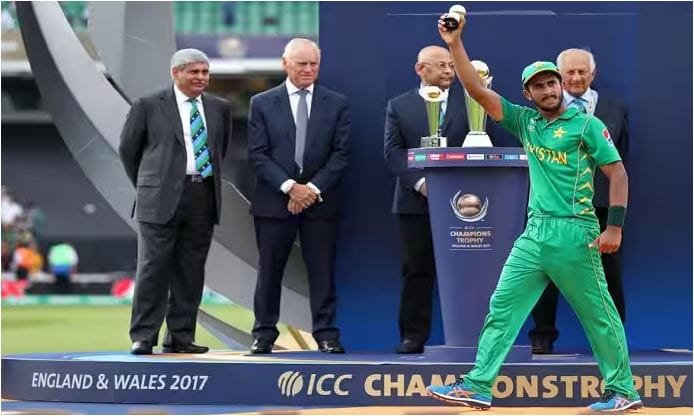
The Pakistan Cricket Board (PCB) is set to gain significant financial benefits following the International Cricket Council’s (ICC) recent decision. The 2025 Champions Trophy will be hosted under a hybrid model, with India’s matches scheduled at neutral venues. This arrangement comes after the Board of Control for Cricket in India (BCCI) declined to send the Indian team to Pakistan due to security concerns.
Financial Windfall for PCB
The hybrid model ensures that PCB will receive approximately $4.5 million (around Rs 38.2 crore) in compensation. This sum is intended to offset any financial implications of hosting games outside Pakistan. According to former Indian cricketer Aakash Chopra, this decision safeguards Pakistan from any potential financial loss.
- The PCB will earn an additional $4.5 million from ICC.
- This compensation addresses the costs of organizing games at neutral venues.
- The hybrid model ensures that PCB does not face a financial deficit.
India-Pakistan Matches Under Hybrid Model
All India vs Pakistan matches will be conducted at a neutral venue, a move aimed at maintaining diplomatic and security balance. This decision is seen as a compromise to ensure the tournament’s smooth progression without compromising on the participation of key teams.
- Benefits for PCB:
- The arrangement prevents any direct financial hit to PCB.
- Matches held in neutral venues will still draw large viewership and sponsorship revenues.
Implications for Regional Tourism and Economy
While the hybrid model secures PCB’s financial position, Chopra highlighted a potential loss in tourism revenue. Hosting matches within Pakistan could have boosted local businesses and showcased the country’s hospitality. Nevertheless, the decision prioritizes security and international cooperation over these secondary benefits.
- Tourism Impact:
- The absence of Indian tourists might slightly affect local economies.
- However, the goodwill and operational efficiency of PCB remain intact.
ICC’s Role and Financial Support
The ICC’s decision to provide additional compensation underscores its role in mitigating financial risks for its member boards. By facilitating India’s participation under the hybrid model, the ICC ensures a balanced resolution, addressing the concerns of both the PCB and BCCI.
- Supportive Measures by ICC:
- The extra $4.5 million will cover organizational costs at neutral venues.
- This proactive financial support helps maintain the competitive integrity of the tournament.
Aakash Chopra’s Insights on the Hybrid Model
Chopra, an experienced cricket analyst, emphasized that PCB’s acceptance of the hybrid model was a strategic move. It prevents any diplomatic fallout while ensuring financial stability. According to Chopra, the hybrid arrangement showcases PCB’s flexibility and readiness to adapt to complex international situations.
- Chopra’s Perspective:
- PCB’s strategy avoids any “loss of face” and maintains its financial stability.
- The hybrid model is portrayed as a win-win situation for Pakistan cricket.
Historical Context and Future Prospects
The decision is part of a broader trend where international cricketing bodies aim to manage geopolitical sensitivities through innovative hosting arrangements. The hybrid model could set a precedent for future tournaments, where security concerns may necessitate similar compromises.
- Future Implications:
- This model could become a blueprint for handling high-stakes international tournaments.
- It ensures continued participation from all major cricketing nations despite political differences.
The Pakistan Cricket Board is poised to benefit from the ICC’s hybrid model for the 2025 Champions Trophy. With an additional $4.5 million in compensation and neutral venues ensuring India’s participation, PCB has navigated a complex scenario without incurring financial losses. While the local tourism sector might miss out, the board’s strategic flexibility highlights its commitment to the sport’s broader interests.
Check out the Champions Trophy Stats


